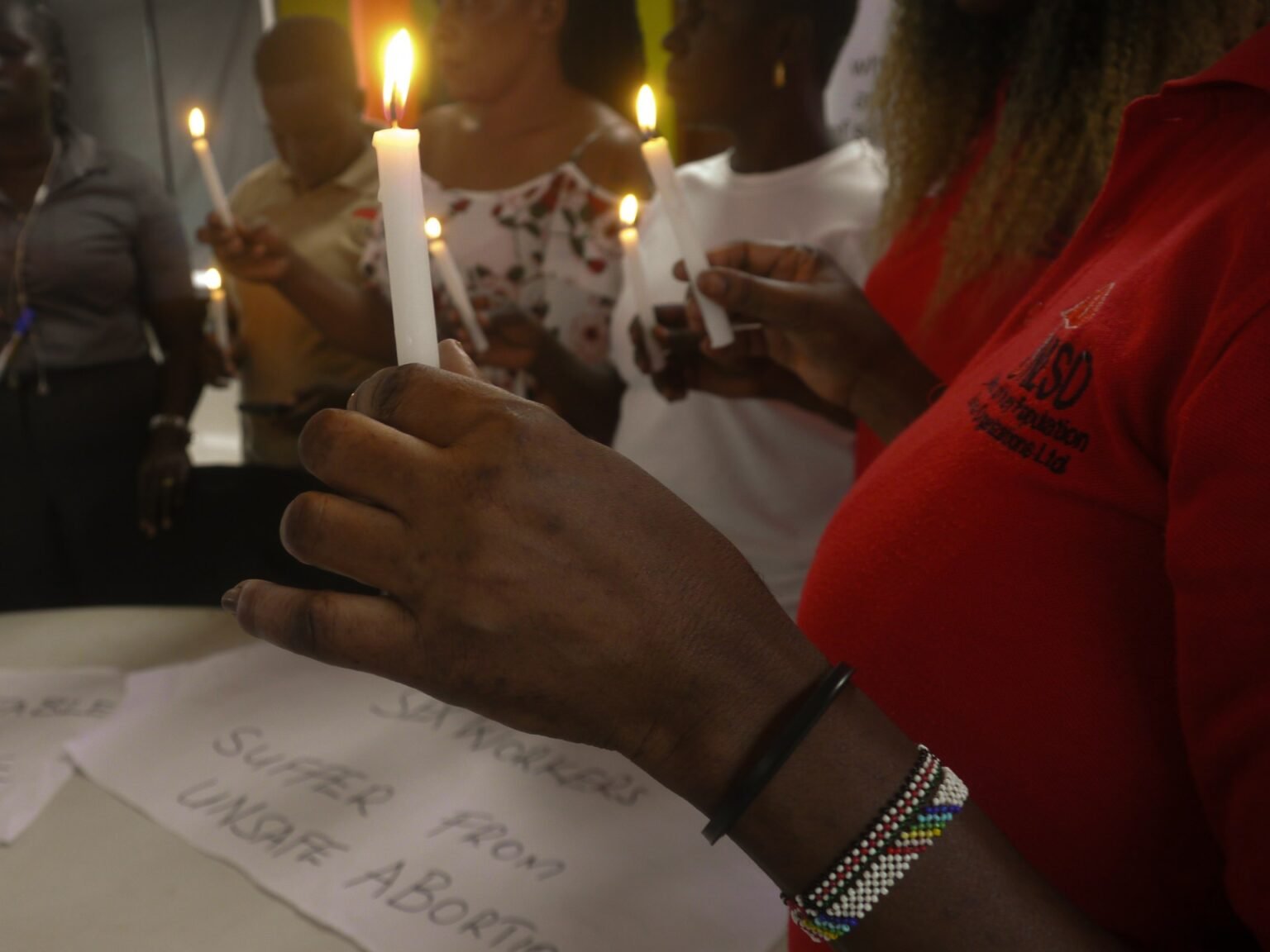Moses Odongo, the founder of Family Medical Point in Uganda, received a call informing him that his 14-year-old cousin Christine had died attempting to terminate an unwanted pregnancy. Odongo was angered by Uganda’s restrictive abortion laws and conservative culture, which he believed had led to her death. Abortion is highly restricted in Uganda, with women and doctors facing criminal prosecution for seeking or providing the procedure. The ambiguity in the laws and fear of imprisonment lead doctors to turn away women seeking care, forcing them to resort to dangerous measures to terminate pregnancies.
Despite Uganda’s strict abortion laws, the government provides post-abortion care in hospitals across the country to address the high number of deaths from unsafe procedures. Doctors who provide post-abortion care face ostracization and stigma from society. Women seeking post-abortion care are also highly stigmatized, perpetuating the dangerous cycle of illegal and unsafe abortions in the country. Activists and advocates in Uganda are working to challenge the restrictive abortion laws and provide broader access to health services for women.
International Safe Abortion Day has particular importance in Uganda, where unsafe abortions contribute significantly to maternal deaths. Odongo and his organization are conducting outreach programs to educate vulnerable communities, such as sex workers, about the dangers of unsafe abortions. Other activists are engaged in distributing contraceptives and providing information about safe sex practices. Despite facing cultural and societal challenges, these activists are determined to raise awareness and reduce the stigma associated with advocating for abortion rights in Uganda.
The restrictive abortion laws in Uganda have led to tragic consequences, with many young women dying from unsafe abortion procedures. Christine, Odongo’s cousin, resorted to ingesting dangerous substances to terminate her pregnancy, resulting in her death. The refusal of religious leaders to pray at her funeral highlights the wider opposition to abortion in Uganda. First Lady Janet Museveni and other officials have expressed anti-abortion stances, raising fears of further restrictive policies. Activists are working together to challenge these laws and advocate for women’s right to safe abortion access.
Despite the challenges and risks involved, activists in Uganda are marking International Safe Abortion Day by hosting vigils and raising awareness about the dangers of unsafe abortions. Sex workers like Irene Nakate, who has experienced the trauma of an unsafe abortion, are participating in events to commemorate women who have died from such procedures. Physicians and organizations are engaging in conversations with youth and distributing contraceptives to address the reality of unsafe abortions in Uganda. The fight for safe abortion access is deeply personal for many activists who are dedicated to bringing attention to the preventable deaths caused by unsafe procedures.
The emotional battle for safe abortion access in Uganda continues, with activists advocating for clearer laws and broader access to health services. For those involved in the fight, it is a personal and urgent mission to prevent needless deaths like Christine’s. Despite the challenges and stigma, activists are committed to raising awareness, challenging restrictive laws, and advocating for women’s reproductive rights in Uganda. International Safe Abortion Day serves as a reminder of the importance of this fight and the need to address the issues surrounding unsafe abortions in the country.












